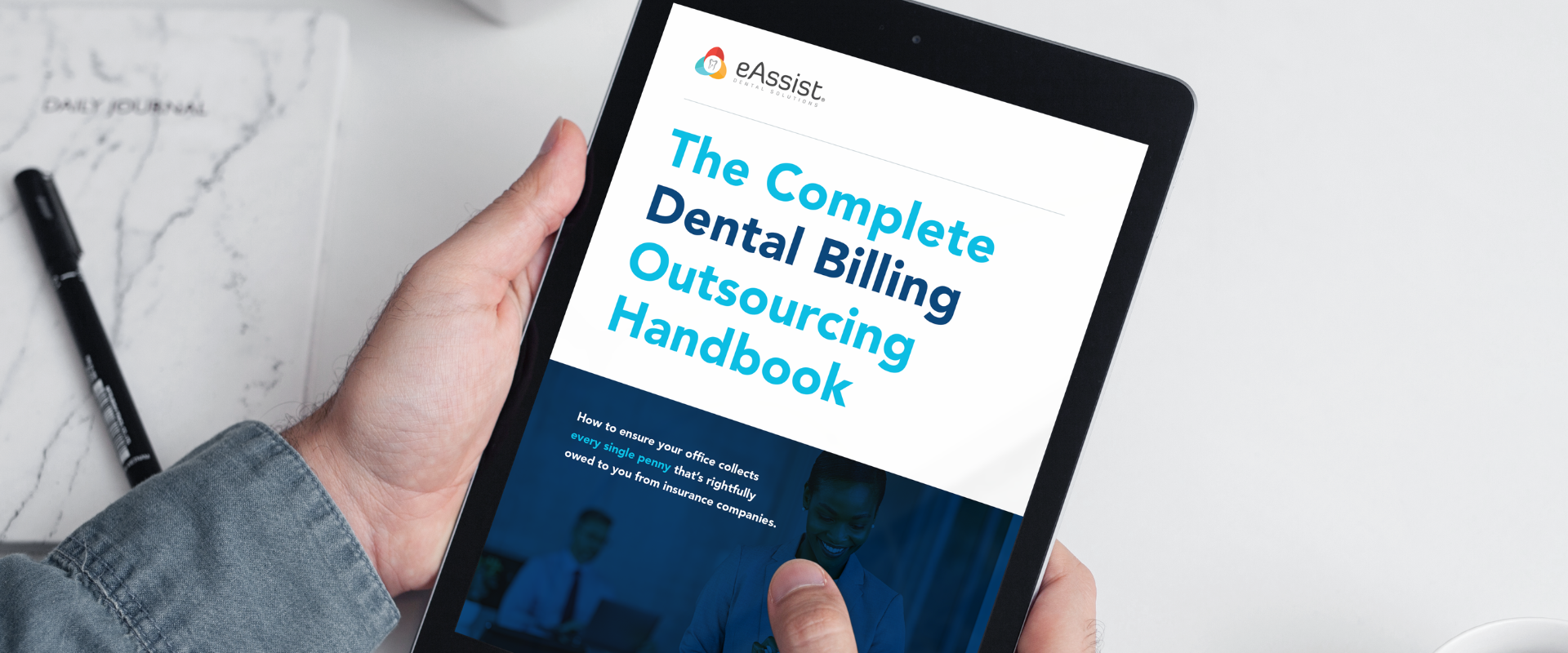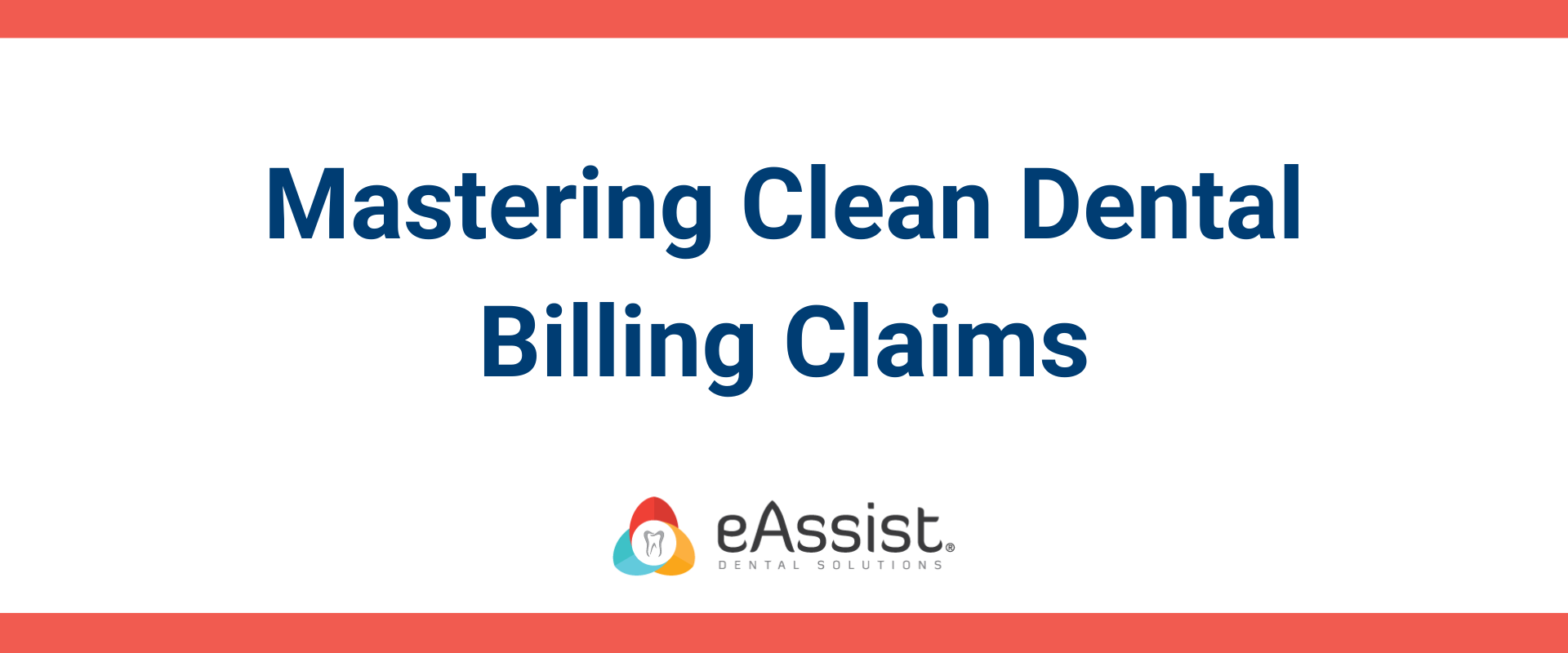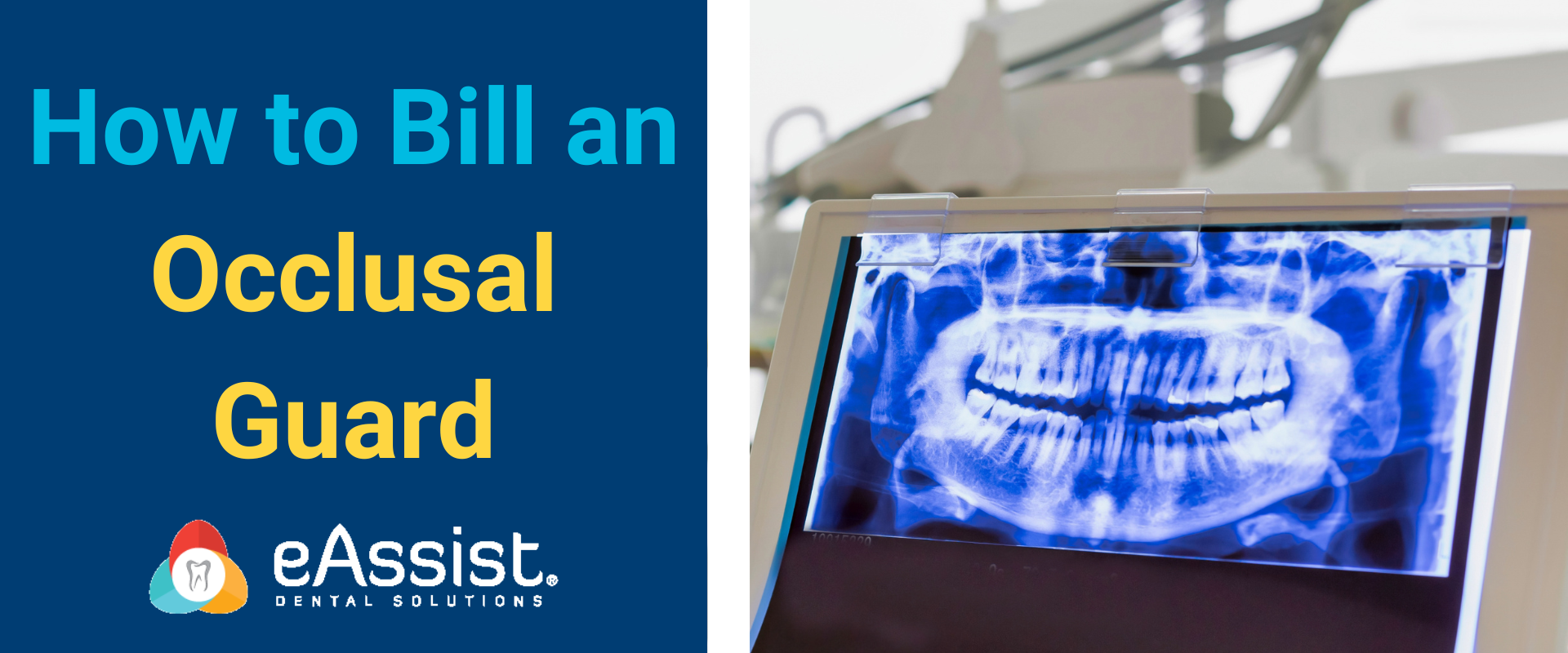Medical necessity is not just about billing medical claims. Dental care is medically necessary to prevent and treat infection, pain and orofacial diseases. Dentistry is also medically necessary to restore function to the mouth for being an integral part of the digestive process. Medical necessity must be documented to establish the rationale for the dental procedure and must support the chosen dental CDT code.
Dental care providers should understand that treatment codes billed to insurance companies now must be documented as medical necessity and this includes radiographs and prophylaxis. The old way of insurance payouts determining how many and how often radiographs are taken and how many dental prophylaxis performed without clinical rationale are over. This regimen is familiar to Medicaid and Medicare participation but is also being required in some network PPO contracts also. All that is really required is taking clinical notes in the form of SOAP notes. Subjective, Objective, Assessment and Plan are abbreviated by the word SOAP.
Medical necessity includes considering whether the procedure is necessary to treat the patient’s condition and making sure the record contains all supporting documentation for diagnosis and treatment.
Each treatment must be documented separately with clinical notes applying to each procedure. For instance listing teeth #3, 4, 5 with deep decay and needing MOD fillings is no longer acceptable. Each tooth would be listed separately with the existing restoration and the diagnosis of new symptoms and planned treatment in the narrative or on an attached document.
To document a routine prophylaxis the provider would document the procedure is being performed to control local irritating factors that are present on the patient’s tooth surfaces. A patient risk assessment would accompany this as would a caries risk assessment.
Insurance processing is ever changing to meet the medical necessity of policy provisions in dental contracts. To avoid claim denials and angry patients start now to be compliant now and for the future.







0 Comments